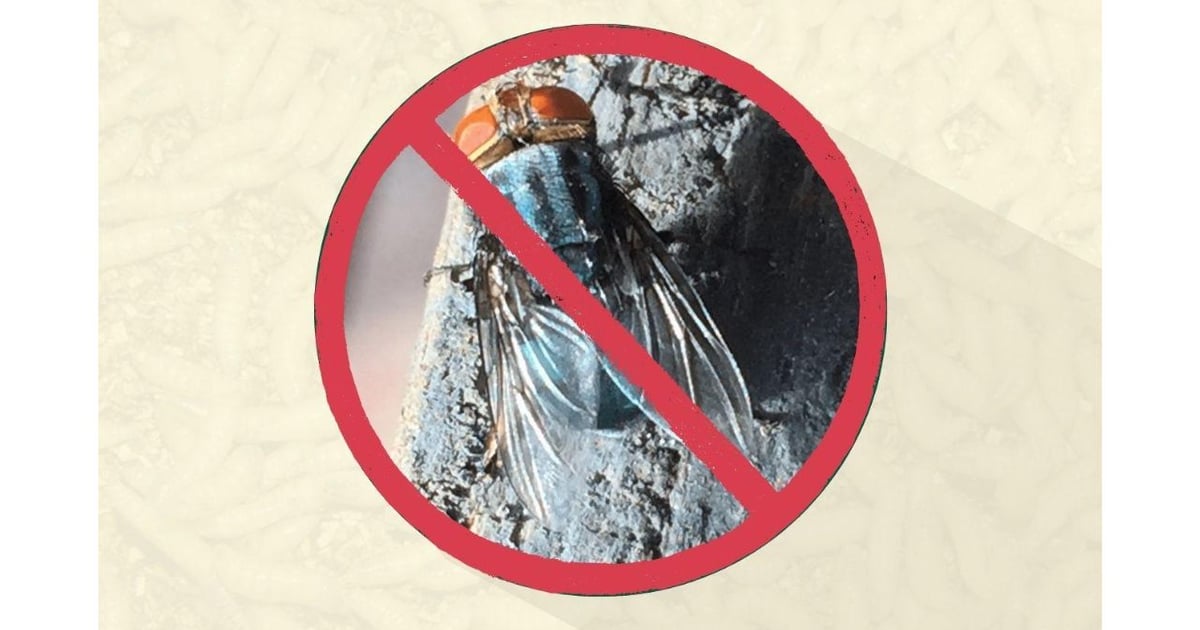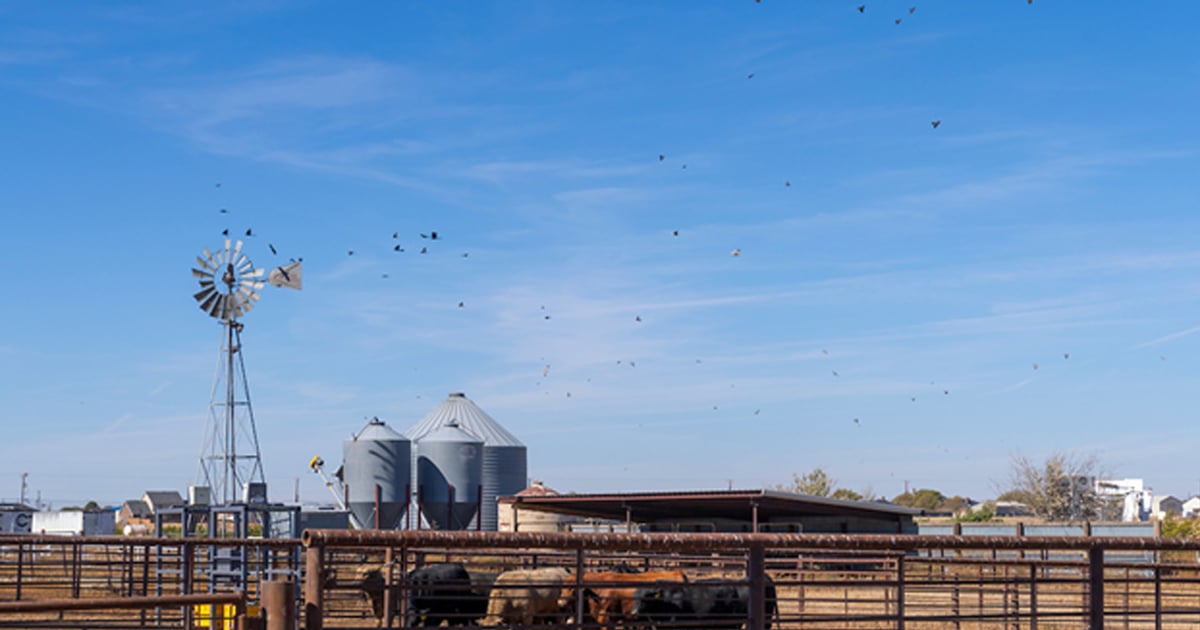Purdue lipid biomarker panels being used to certify beef quality
Posted on October 17, 2023
Source: Farm Progress. The original article is posted here.

Christina Ferreira, metabolomics analyst at Purdue’s Metabolite Profiling Facility and Center for Analytical Instrument Development, said traditional mass spectrometry requires several steps to obtain a profile containing structural information of diverse molecules and connect them to a specific characteristic.
“It is performed by homogenizing the sample, mixing it with organic solvents, centrifuging and drying it before injecting it into a system operated by an expert,” Ferreira said. “After that time-consuming process, the data needs to be processed and submitted to statistical analysis. There are many software packages that simplify this process, but it is time-consuming and needs expertise to be carried out.”
The Purdue panels and their validation
Ferreira and her colleagues have developed patent-pending biomarker panels and workflows that deliver nanograms or nanoliters of a biological sample, usually lipids or metabolites, directly to the mass spectrometer without performing liquid chromatography or other sample preparation.
“Our method is by nature straightforward and informative because it includes structural information of all the molecules in the panel. Removing the sample preparation step makes it possible to analyze the data of the samples in real time,” Ferreira said. “This is a high-throughput technology: It is much less expensive and more amenable to be used outside a laboratory by nonexperts with minimal technical training. The benefits are the high amount of chemical information acquired in a short time and in a simple way.”
The technology has been used by Purdue researchers of the Metabolite Profiling Facility since 2016. Since then, it has been used in research that has been published in more than 40 peer-reviewed publications including Meat Science, Journal of Assisted Reproduction and Genetics, Reproductive Biology and Endocrinology, Analytical Chemistry and Journal of Mass Spectrometry.
“It was initially developed during my postdoctoral training at Graham Cooks’ laboratory in Purdue’s Department of Chemistry to discriminate advanced Parkinson’s disease from controls using a few microliters of cerebrospinal fluid,” Ferreira said. “It also has been applied to discriminate human polycystic ovary syndrome, coronary artery disease, atopic dermatitis and to monitor diet interventions. There are diverse applications of the technology for mechanistic understanding of biological conditions as well.”
Certifying beef quality
Ferreira and her collaborators at the University of Sao Paolo in Brazil are using the technology to determine the type of feed provided to cattle and other meat quality characteristics, including how tender it is. Grass-fed beef has been recognized as healthier than grain-fed beef, but there is no method to independently validate a grass-fed claim. The researchers’ patent-pending method allows for a fast, accurate approach to determine beef quality and meat certification requirements.
Ferreira received $43,600 from the Trask Innovation Fund , which awards funding for short-term projects that enhance the commercial value of Purdue University intellectual property. It is managed by the Purdue Innovates Office of Technology Commercialization.
“The funds will create a prototype of a system that can certify meat quality inside a large meat plant without sample preparation within a few seconds,” Ferreira said. “The team, which includes graduate students from Purdue’s Department of Animal Sciences and Weldon School of Biomedical Engineering, is using the approach to analyze valuable meat samples from ongoing experiments to test and expand the prototype applications.”
Further development
Ferreira said the next steps to develop the method are to find additional applications and partnerships at Purdue and within industry to test the technology’s potential and validate it. She said one interest is to use the approach to avoid food industry recalls by identifying product changes related to bacterial growth like salmonella. Another area of interest is screening for mycotoxins in diverse types of grains.
“I am also very interested in applying this technology to understand a fascinating phenomenon found in embryos. They can reprogram cancer cells to make them less aggressive or even lose their tumorigenic properties. Embryos can reset cells around them and determine cell fate throughout their development,” Ferreira said. “We created an in vitro model that is ideal to study these mechanisms.”
Ferreira disclosed the biomarker panels innovation to the Purdue Innovates Office of Technology Commercialization, which has applied for a patent to protect the intellectual property. Industry partners interested in commercializing the materials for the marketplace should contact Dipak Narula, assistant director of business development and licensing in physical sciences, via email .




